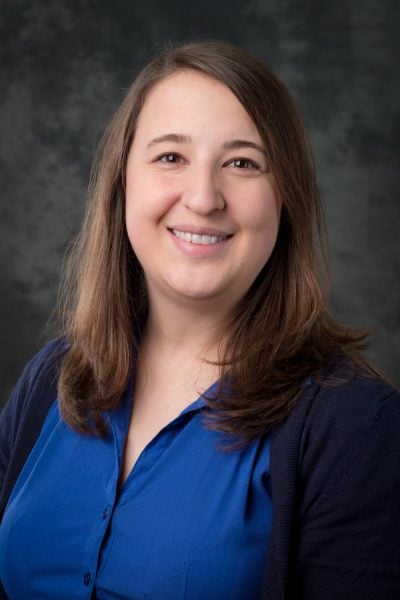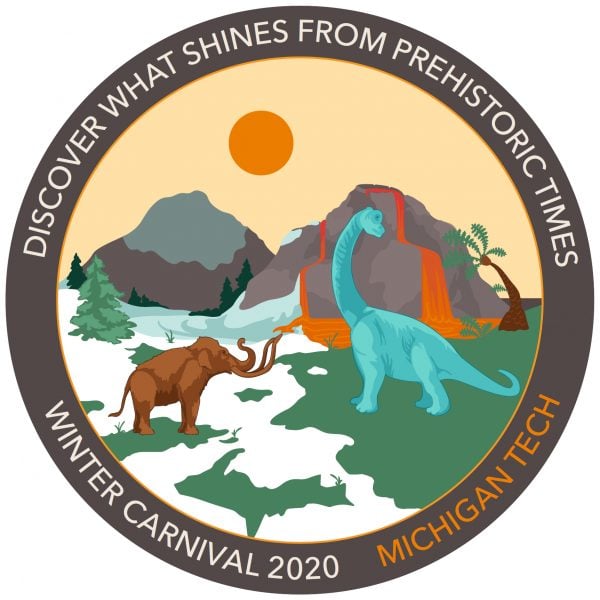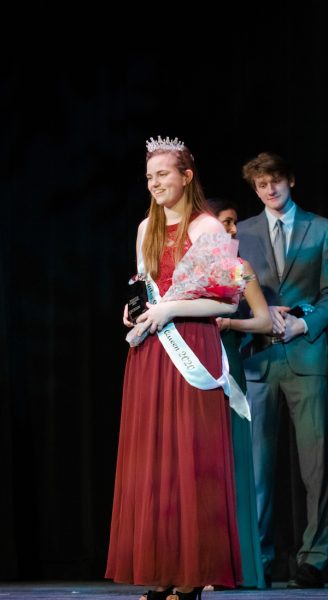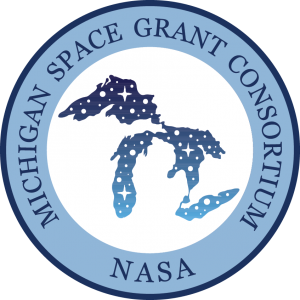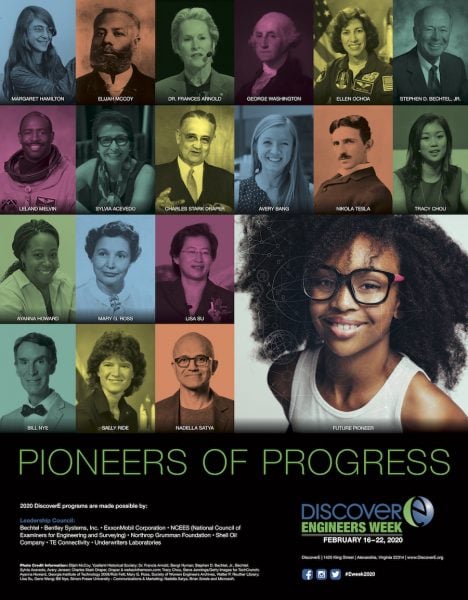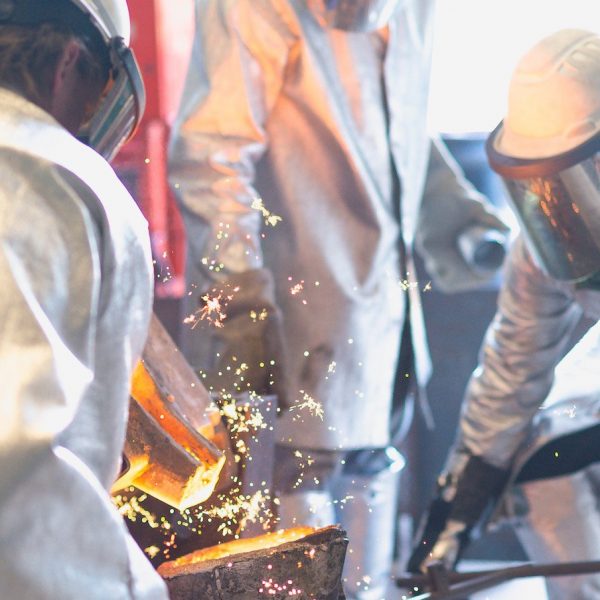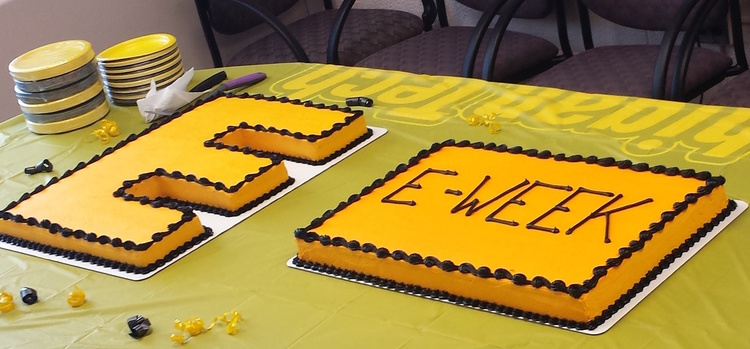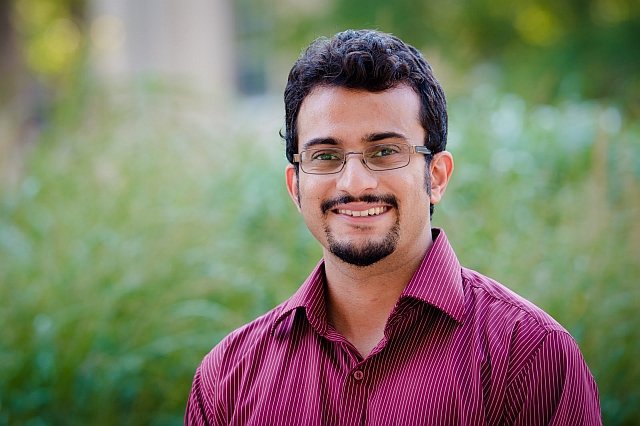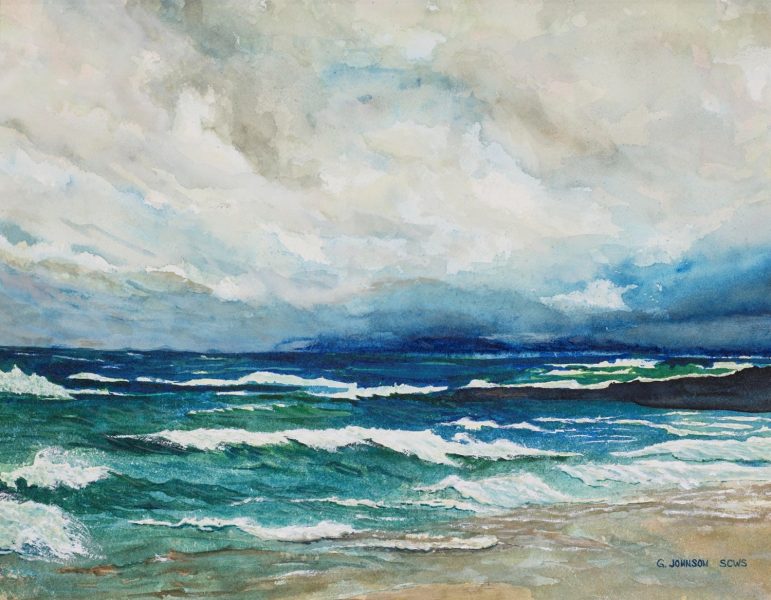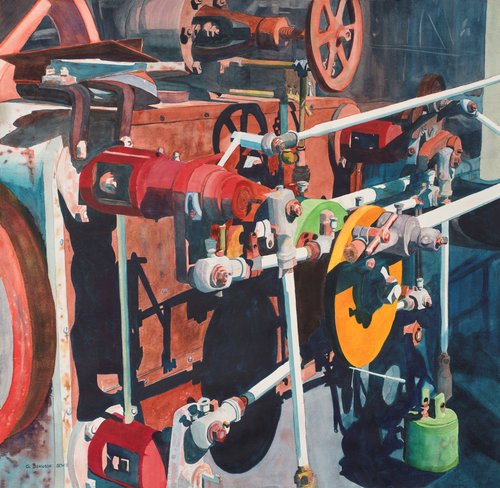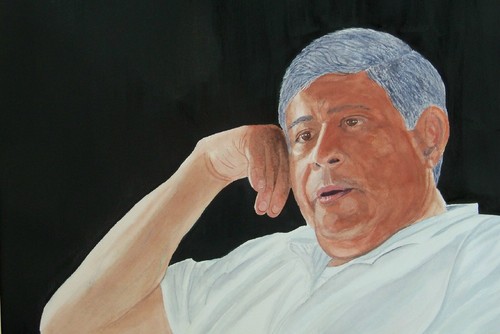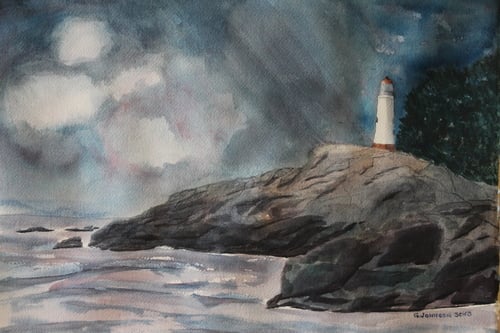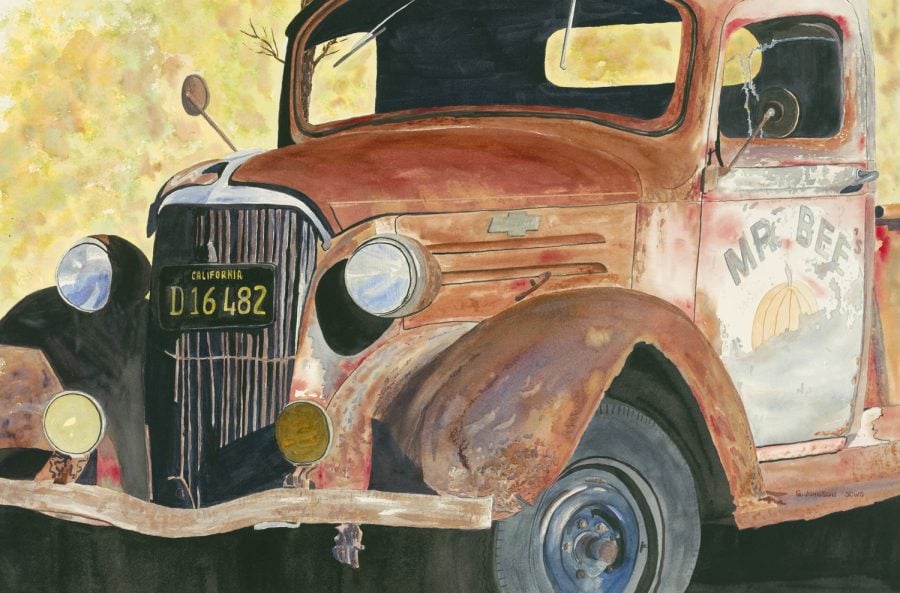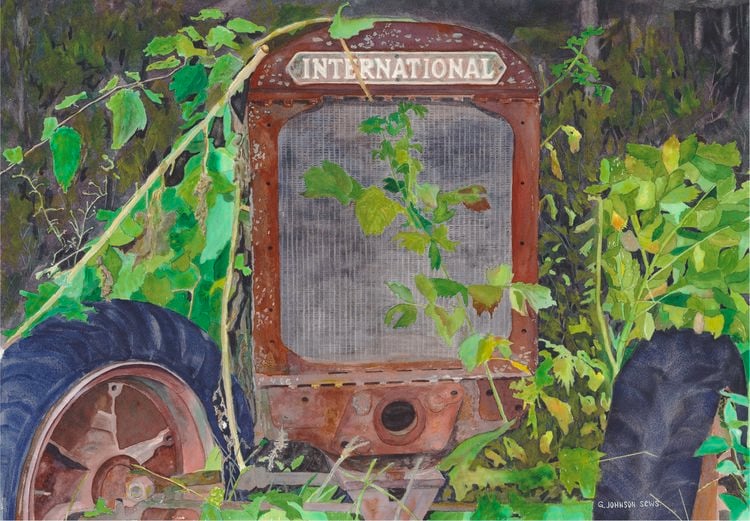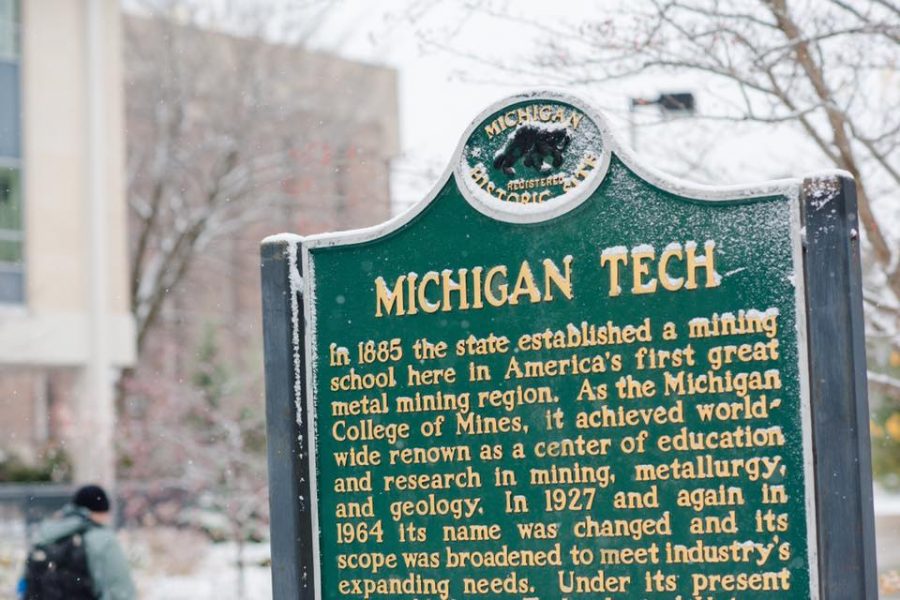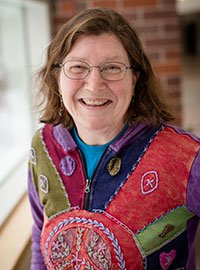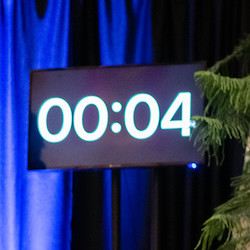
Are you, or someone you know, thinking about where you will choose to attend college? If so, I want to share my perspective, as I’m still fairly “new” to Michigan Tech (this is my second year here). I also have the perspective of having spent time at three different universities. Maybe it will help you make your decision.
First, the East Coast, where I attended the University of Connecticut (and the mascot there is also a Husky). My parents were only willing to pay for in-state tuition—that narrowed the choice pretty quickly for me! So I went to “UConn” and had a great education, majoring in chemical engineering, and then metallurgy/materials science for my master’s and PhD degrees (I didn’t set out to get those other degrees, but that is another story). UConn is in Storrs, Connecticut, about a 40 minute drive from the capital city of Hartford. So I would call it a rural campus. Because it wasn’t “too far” to get home, many students went home on weekends—so it didn’t have a strong sense of community. You can drive from one end of CT to the other in 2 hours or so.
After UConn, my first job was as a professor at Georgia Tech, which is in downtown Atlanta, Georgia—an urban campus in the deep South. The Atlanta metropolitan area has 5.6 million people, a vastly different experience from UConn. A great education, but, in a very big city—which comes with traffic, smog, high-priced housing, crime and safety concerns. What I really liked about Georgia Tech: it is a technologically-focused university, like Michigan Tech. I stayed 12 years at Georgia Tech, and then headed West!
Following that, I spent 14 years at Boise State University, in Idaho in various leadership roles at the university. BSU is located in downtown Boise, but the population of Boise is only about a quarter million. So a very safe campus, where the College of Engineering enrolls about 15% of BSU students. A good education for students, but nowhere near the reputation in engineering of Georgia Tech or Michigan Tech.
Now here in Midwest, in the UP, at Michigan Tech, where I serve as dean of engineering, I offer you these perspectives: It’s a strength to attend a university that is technologically focused, if your focus is engineering or related fields. This university has a very strong sense of community and belongingness. Maybe that’s because of the technological focus. And maybe it’s because it’s a long drive “home” for many. It’s beautiful here. It’s safe. And it’s fun—we’re still enjoying the snow statues, broomball, and more from our Winter Carnival. Just yesterday, in fact, I enjoyed an interesting view across the waterway, of a student and their dog, attempting to harness the wind to snowboard horizontally, pulled by the wind. Alas, the coefficient of friction was too high, or the wind was not blowing strongly enough, but they did give it a good try! And the dog was very excited about the whole operation. As was I.
I have never seen anything like this anywhere else across my years. Michigan Tech is full of interesting, engaged, curious, fun, and adventurous people.
Now, if you, or someone you know, want to know more, be sure to email me, callahan@mtu.edu.
Janet Callahan, Dean
College of Engineering
Michigan Tech
